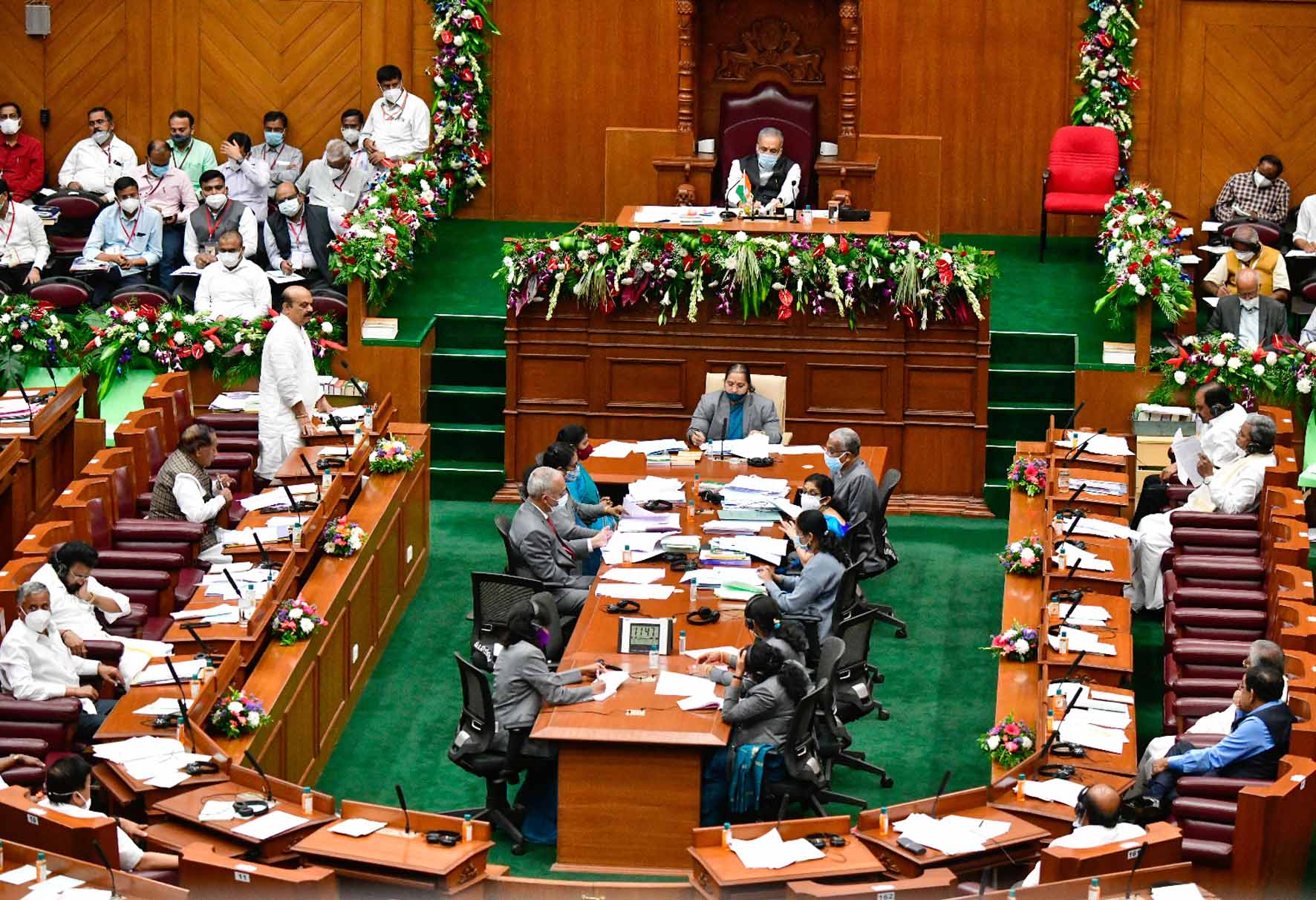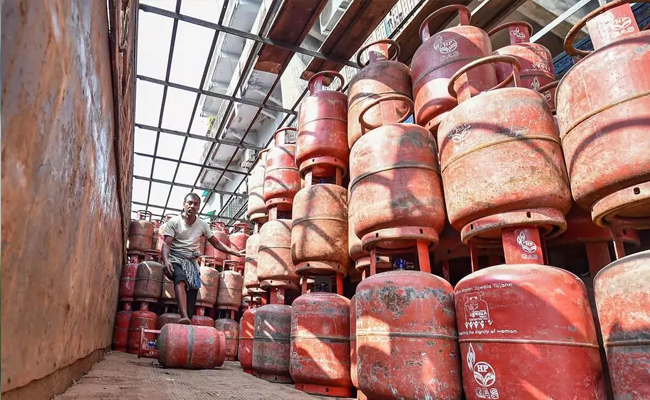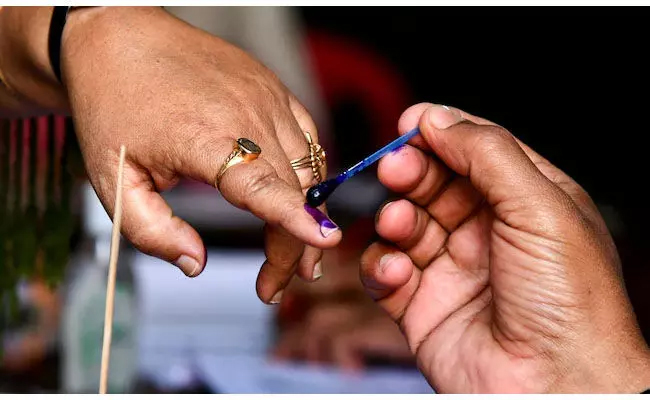Bengaluru, Mar 24: The Karnataka Legislative Assembly on Thursday unanimously adopted a resolution countering Tamil Nadu's similar move regarding the Mekedatu project across river Cauvery.
While exerting pressure on the Centre to give necessary clearances for the project, the resolution also urges it not to finalise the DPR under the 'Peninsular River Development Plan' without the state's consent, and not to give approval for Tamil Nadu's "illegal" projects.
Piloted by Chief Minister Basavaraj Bommai, the resolution condemns Tamil Nadu Assembly's resolution opposing the Mekedatu project, stating that it will in no way affect that state.
It also urged the Central Water Commission and Ministry of Environment and Forest to immediately give necessary clearance for the Mekedatu project.
It also urges the concerned central agencies not to finalise the DPR for Godavari - Krishna -Pennar - Cauvery - Vaigai - Gundar river linking, until the legitimate share of the concerned states are decided upon and until all aspects of it (DPR) are agreeable to Karnataka, and also not give approval for Tamil Nadu's "illegal" projects and to direct it not to go ahead with them.
The Tamil Nadu Assembly on Monday adopted a unanimous resolution condemning the Karnataka government for its "unilateral decision" to proceed with the Mekedatu project and prevail upon the Centre to reject the proposal.
Terming the Tamil Nadu's resolution as unwarranted, against federal system, and the language used in as impolite, Bommai, citing Supreme Court order regarding Cauvery river water dispute, said Karnataka is within its Constitutional rights to implement the Mekedatu project.
Pointing out that National Water Policy gives priority for drinking water, he said, this is a drinking water project and will in no way violate the tribunal's orders.
Noting that Tamil Nadu has said that its consent is required for the implementation of Mekedatu project, the Chief Minister said, but at the same time by unilaterally taking up projects illegally, without seeking for Karnataka's consent, the neighbouring state is depicting its dual stand.
"We strongly condemn Tamil Nadu's illegal projects and will oppose them on all platforms," he said.
Congress leader and Leader of Opposition Siddaramaiah, and JD(S) Deputy Leader Bandeppa Kashempur, extended their parties support for the resolution to be passed unanimously.
Though Senior Congress MLA and former Water Resources Minister H K Patil had some reservations regarding the wordings in the resolution concerning Peninsular River Development Plan, in the interest of the state, it was finally agreed upon by slightly amending it.
Finally Speaker Vishweshwar Hegde Kageri put the resolution moved by Bommai to vote, and it was unanimously adopted by a voice vote.
The state budget 2022-23, presented by Bommai recently, provided a grant of Rs 1,000 crore this year for implementation of the project.
The Mekedatu multi-purpose (drinking and power) project involves building a balancing reservoir near Kanakapura in Ramanagara district.
The estimated Rs 9,000-crore project, once completed, is aimed at ensuring drinking water to Bengaluru and neighbouring areas (4.75 TMC) and it can also generate 400 MW of power.
Karnataka has maintained that the project within its territory will benefit both states as the surplus water stored can be managed between the two during a distress year, and its implementation will in no way affect the interests of Tamil Nadu's farming communities, as there will be no impact on its share of water.
However, the neighbouring state is of the view that the project would "impound and divert" the uncontrolled water flow due to Tamil Nadu from Kabini sub-basin, the catchment area below Krishnarajasagara, and also from Simsha, Arkavathy and Suvarnavathi sub-basins besides other small streams.
Let the Truth be known. If you read VB and like VB, please be a VB Supporter and Help us deliver the Truth to one and all.
Thane (PTI): Authorities have seized illegally stored 1,839 gas cylinders and seven vehicles worth over Rs 67 lakh in the Dombivli MIDC area of Thane district, officials said on Saturday.
A special vigilance team of the Mumbai Rationing Department detected an illegal storage of domestic and commercial LPG cylinders in Phase-2 of Dombivli (East).
Cylinders belonging to multiple gas agencies were found stockpiled in closed vehicles, unauthorised warehouses, and open sheds without mandatory permissions from the Explosives Department, Fire Department, or oil companies, according to an official release.





